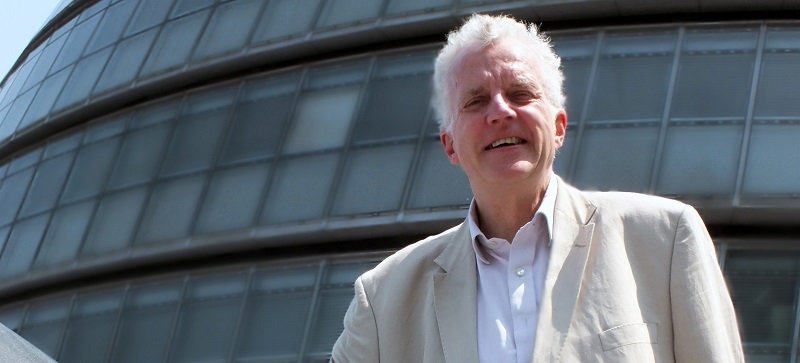The reaction from passengers to the new train timetable, which has particularly affected commuters on the South West Trains network out of Waterloo, has been mixed. Some have welcomed it as they have found extra trains serving their stations, while others are complaining bitterly that their daily journey is going to take 10 minutes longer.
In truth, there are probably more beneficiaries than losers out of the changes introduced by Stagecoach, but unsurprisingly it is the latter who make the most noise. There is a limit to what railway managers can do in the face of a network which is operating virtually at full capacity and independent timetable expert Barry Doe says: ‘This is about the best that can be done without spending huge sums on lengthening platforms.’
Indeed, many of the timetable changes are sensible, with extra peak hour trains and greater regularity, which means passengers will know at how many minutes past the hour they can always find the same train.
However, one reason for the longer journeys on some routes is that station dwell times have been increased because it takes more time for passengers to get on and off the new electric Desiros than it did with the slam door stock which had ten separate doors on every carriage.
This was supposed to be compensated by the fact that the new trains have better acceleration and higher top speeds. However, they also draw more power from the system and no one told Railtrack (as it then was) that they would need to upgrade the power supply.
Last year, the Strategic Rail Authority sorted out the mess and although the job cost £800m of taxpayers money, that was not enough to allow the new trains to use their full power. So many timings have had to be extended which is why some passengers have lost out.
Rescue may be at hand for those who have lost out. In two years times four extra platforms will become available at Waterloo when Eurostar services decamp to St Pancras. Shockingly, last week Stagecoach boss Graham Eccles said his company would be unlikely to be able to use them because it would be too expensive to adapt them for domestic use. Yet, his company is coining it out of the current franchise, with revenues growing at 10 per cent annually and Stagecoach announced a big rise in profits last week.
The privatisation of the railways was supposed to deliver flair and innovation. What happens to those four platforms will be a good test of such promises.
